
In her book on forgiveness, Lysa TerKeurst writes an analogy comparing forgiveness to having your legs broken in a car accident. You can forgive the initial incident, but there is also a process of forgiving just as there is a process of healing broken legs.
Reflecting on this, I had a thought that was revelatory to me: forgiveness brings healing; it does not undo what happened.
I’ve often wondered why, even after I have forgiven someone, I don’t feel like I have forgiven them. I have to remind myself dozens of times, “I’ve forgiven them. I’ve forgiven them. I’ve…”
If I’ve forgiven them, why can’t I move on?
I expected forgiveness to erase the pain, but it doesn’t. Forgiveness can’t undo what has happened. It can only point us forward toward the slow process of healing.
Here is what I am learning. I may be a new creation in Christ, but I have to remind myself of that. Paul said, “One thing I do: Forgetting what is behind and straining toward what is ahead…”
I never noticed until recently that little word “do.” After all, forgetting has always been a passive action for me. Forgetfulness is something that happens to me unexpectedly, not something I actively strive for. Who in their right mind tries to be forgetful? Yet Paul is saying this is something he does. He actively forgets what lies behind.
Sometimes I need to actively forget, too. When the emotions come, when the thoughts come, when the feelings come, I can actively remind myself: “This has been forgiven. I have given up my right to think about this anymore.”
I can choose to think about something else instead.
This is the healing process. It doesn’t undo what has been done. The ramifications of that will always be with me. No matter how much healing I go through, I will always walk with a figurative limp. I am a different person because of what has happened to me.
I bet you are too.
But different is not always a bad thing. I am also more compassionate, more understanding, and more insightful because of what has happened to me. I am stronger in ways I never expected. I am weaker in ways I never wanted.
I remind myself that Christ shines through our weaknesses.
There will come a time when Jesus will wipe away every tear. We will be a new creation in the fullest sense of the word – body, soul, and spirit. We aren’t there yet, but we have been given the Holy Spirit as a deposit guarantee of what is to come. It is with His help that we navigate this tumultuous in-between time. We wrestle with anger, hurt, frustration, and longing. We forgive, and then we remind ourselves that we have forgiven. We forget what needs to be forgotten because this is something we can do. It does not change the past, but it can change our future.
A bone that has been broken and healed is not the same thing as a bone that has never been broken. A heart that has been broken and healed is not the same thing as a heart that has never been broken. We cannot undo the breaking, but we can forgive and begin the healing.
~ ~ ~
- Scripture references:
This post first appeared at www.inspireafire.com.













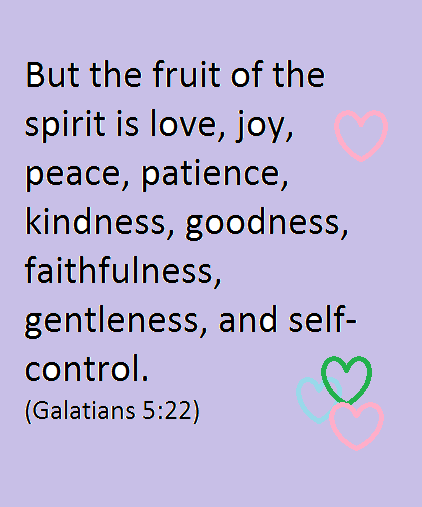


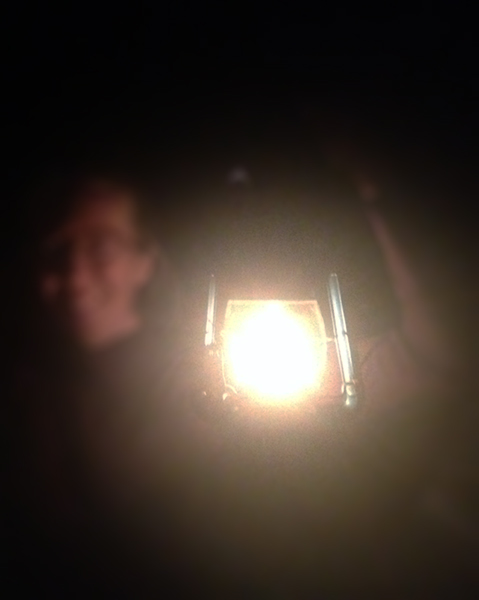
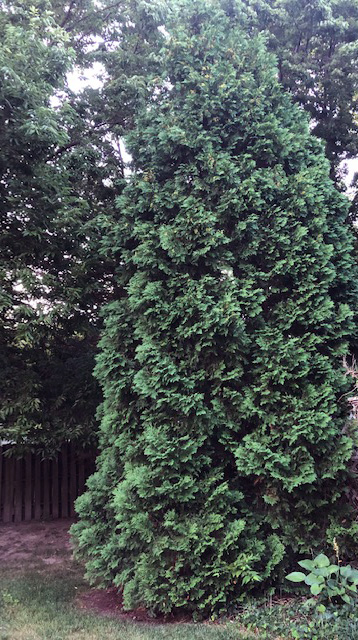

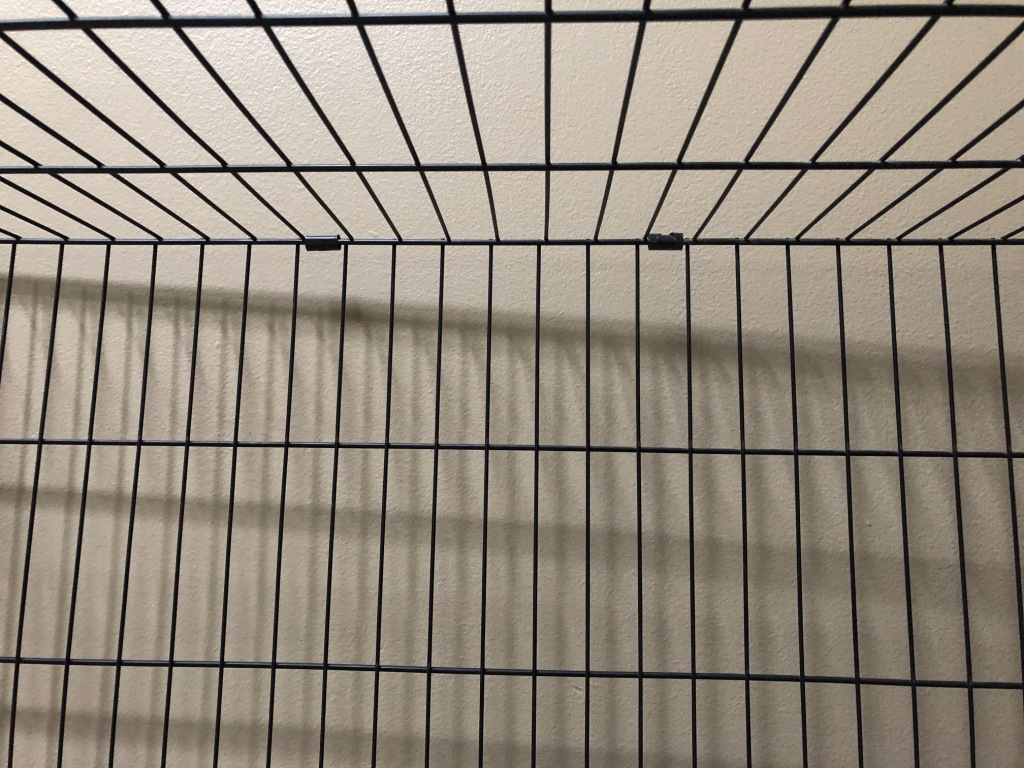
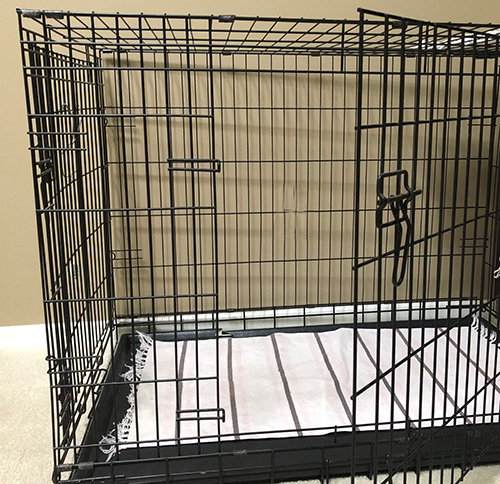


 Second, I was tired and cold. And no matter how much water I drank, I still felt dehydrated. This made me appreciate food as energy in a whole new way.
Second, I was tired and cold. And no matter how much water I drank, I still felt dehydrated. This made me appreciate food as energy in a whole new way.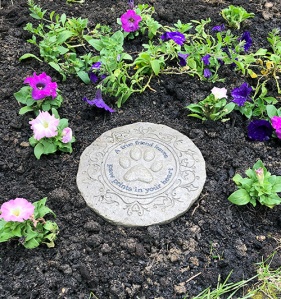 Grief, like fasting, leaves me tired and cold. I sleep and do not get rested. I eat and do not get energized. I can tell I am not quite functioning like I should, but I am powerless to change it.
Grief, like fasting, leaves me tired and cold. I sleep and do not get rested. I eat and do not get energized. I can tell I am not quite functioning like I should, but I am powerless to change it. It’s okay if I feel cold and tired and am not functioning like I should. My job is to endure.
It’s okay if I feel cold and tired and am not functioning like I should. My job is to endure.